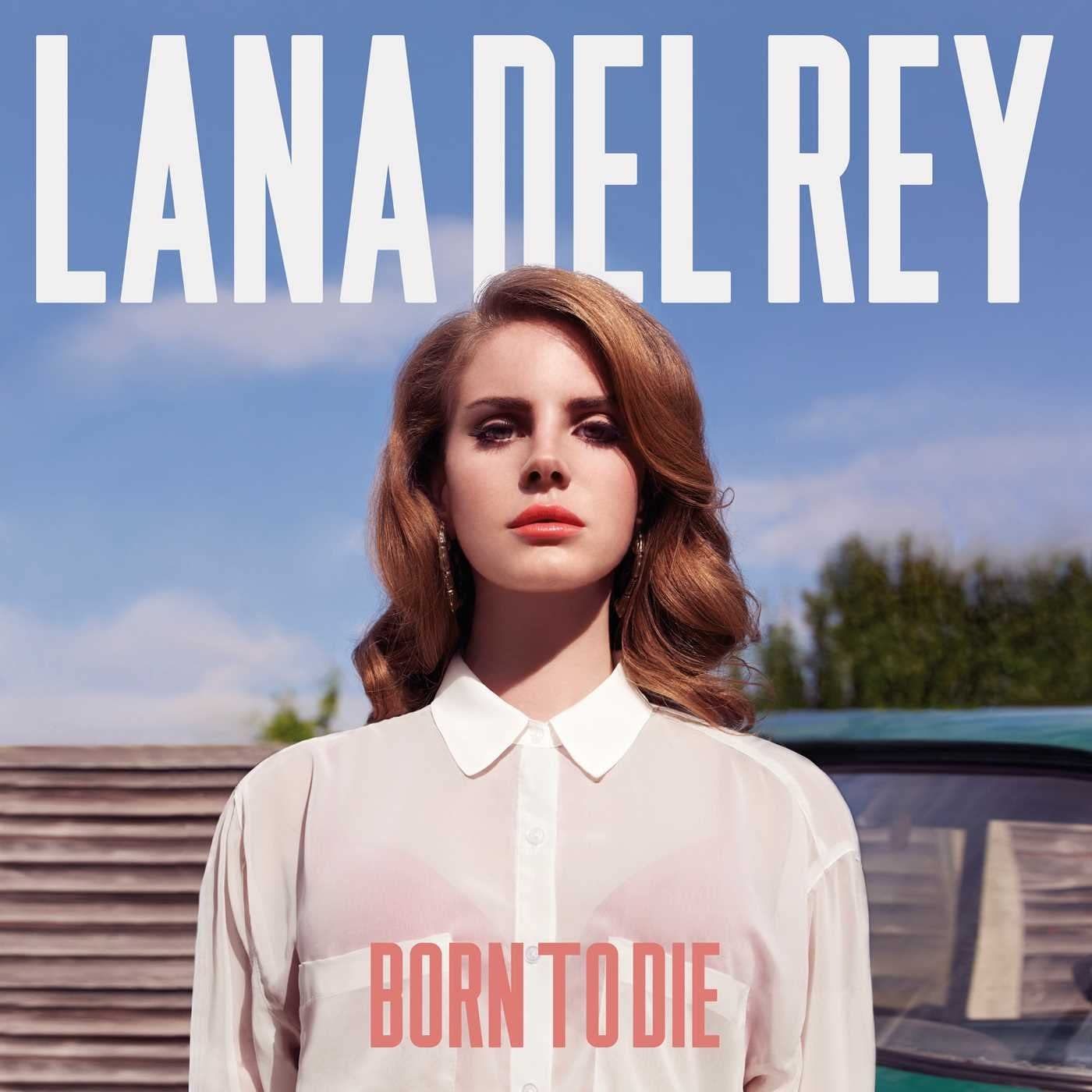Cleverly translating the subconscious themes and lyricism of her Mulholland drive-by meets Chateau Marmont melodrama to a commercial market, the coquette Ms Del Rey has shown to be a diligent, and willing, pupil of assiduous branding.
From the privileged adolescent up-bringing in the well-to-do community of Lake Placid, to the forged reinvention and rechristening in the nondescript trailer parks of New Jersey, and on the ‘Boho-boohoo’ streets of New York city, the originally less salacious and blues pinning Elizabeth Grant became the daring – yet highly – manufactured ‘con’s moll’ who surprised many of us with the mesmerising ‘Video Games’.
Regardless of the vociferating doubts, and accusations of authenticity, Del Rey acts the role of an alluring doe-eyed victim treated shoddily by the troubled characters she so readily seeks to love. In fact, she reminds me of the Jennifer Jones played character of Pearl; the fatalistic lover and torch-carrier to Gregory Peck’s miscreant, but menacingly attractive, Lewt, from the King Vidor western, Dual In The Sun.
Del Rey flirts and carouses with her chosen imagery; whether she’s dressed up as a La Cicciolina vestal-come St.Theresa – she of the ‘Shower of roses’ and such notable, and perfectly apt, wisdom as, “What matters in life is great love, not great deeds” – on the albums self-titled leading single, Born To Die; or in the cut-and-paste romanticised flickering, faux-home movie footage of Video Games: Santa Monica skateboarders are interlaced with clips of innocent frolicking by the sepia blanched poolside; all picked as symbolic memories of happier and simpler times.
Of course it’s all a fake visage, created to distract us from her true identity; whatever that truly is. But can we really feel cheated, or dismiss out of hand the portrayal of a Hollywood noir temptress, resigned to the fate of always falling at the feet of the wrong guy? Haven’t we in fact been here so many times before? And does it really matter?
Thankfully the admission price is justified by Del Rey’s invocative, stimulating vocals, luxurious orchestrated melodies, and escapist pop allusions. Of course all this inherently relies on nostalgia, a theme that imbues every note, swoon and stroke of this 12-track (and the 15-track Deluxe edition) album. Her vivid brand of seductive and filmic collated sound ascetics belong this other age: the use of cyclonic, crunching hip-hop drums arrive straight out of the 90s; the backbeat is revisionist 60s r’n’b; and the soulful reverberations are pure mournful school of girl-group Spector.
Del Rey reinvigorates the timeless qualities of these past eras with her own memories, imagined or real, rather then creates something fresh; something new.
We almost feel a sense of familiarity – with valid reason – when listening to this album. Countless tracks, slyly, taken advantage of, or as part of some coerced marketing ploy and test sheet, have appeared indiscriminately on the web: feigned as demos by Del Rey, their lamentable job accomplishes the desired effect in feeding our curiosity.
The leading singles, Video Games and Born To Die, demonstrate a certain contrast in musical styles, and approach: Video Games is innocently cooed to a plaintive tolling bell and with-strained teary-eyed piano, whilst Born To Die puts “the money up on the screen”, and through the speakers, sparing nothing with its grandiose sweeping strings laden suite and pining renaissance pop choruses – everything that has come after the bared-poise of Video Games sounds superlative and over-produced to me now. As the original split side to Video Games, Blue Jeans may have been overshadowed, yet for me, it’s among the three best tracks she’s so far produced. Although it’s strewn with embarrassingly profligate lyrics –“You’re so fresh to death, and sick as ca-ca-cancer/ You were sorta punk, I grew up on hip hop” – and also, for no apparent reason, features beat poet Lawrence Ferlingheti reciting the Loud Prayer (taken from The Band’s legendary Last Waltz concert footage); Blue Jeans has a real lush tenderness, and seductive Chris Isaak-esque morose appeal, with Del Rey’s heartache vocals wooing and sumptuously smoking.
The conveniently leaked Nation Anthem – rumoured to be the next potential single, and originally flagged as the LPs title – carries on in a similar vogue, led by a sassy display of pouting nonchalant vocals; minus its original faux-Nirvana and Rick Rubin style guitar backing. Del Rey’s oozed paean of ironic sentiment to the culture that preaches the ‘money never sleeps’ mantra, is a pop requiem to our present times – contentious considering the lifestyle she herself is accustomed to. She purrs, “money is the reason we exist/everybody knows it’s a fact”, before alluding to the gold-plated American lifestyle: “take me to the Hamptons/Bugatti Veyron”.
For the most part, the rest of this album is disappointing; relying as it does on just tinkering, or drawing subtle variations out of the Del Rey singles template: the songs Without You, Million Dollar Man and Summertime Sadness all fall into this trap, whilst the ponderous platitudes of Carmen sound totally bland and indifferent compared to the very best Del Rey has to offer. The general themes and references to America’s mythological landscapes – Off To The Races alone cruises through L.A (obviously), Las Vegas and Coney Island – and the old schlock cry’s of money-won’t-buy-you happiness (but it sure as hell buys choices) start to wane and become weary – her writing team really overplay the constant bad boy allusions to death.
Of course there’s an underlying well-intentioned moral ambivalence and message on Born To Die, but it’s snuffed out by the cult of Lana Del Rey instead. It’s a fantastical and elegiac powerful album, when all said and done; one that depends on the allurement of something special – and the hefty million dollar plus price tag – yet it fails to deliver on the promise of those early minor-opuses.
Date: 31/01/2012


